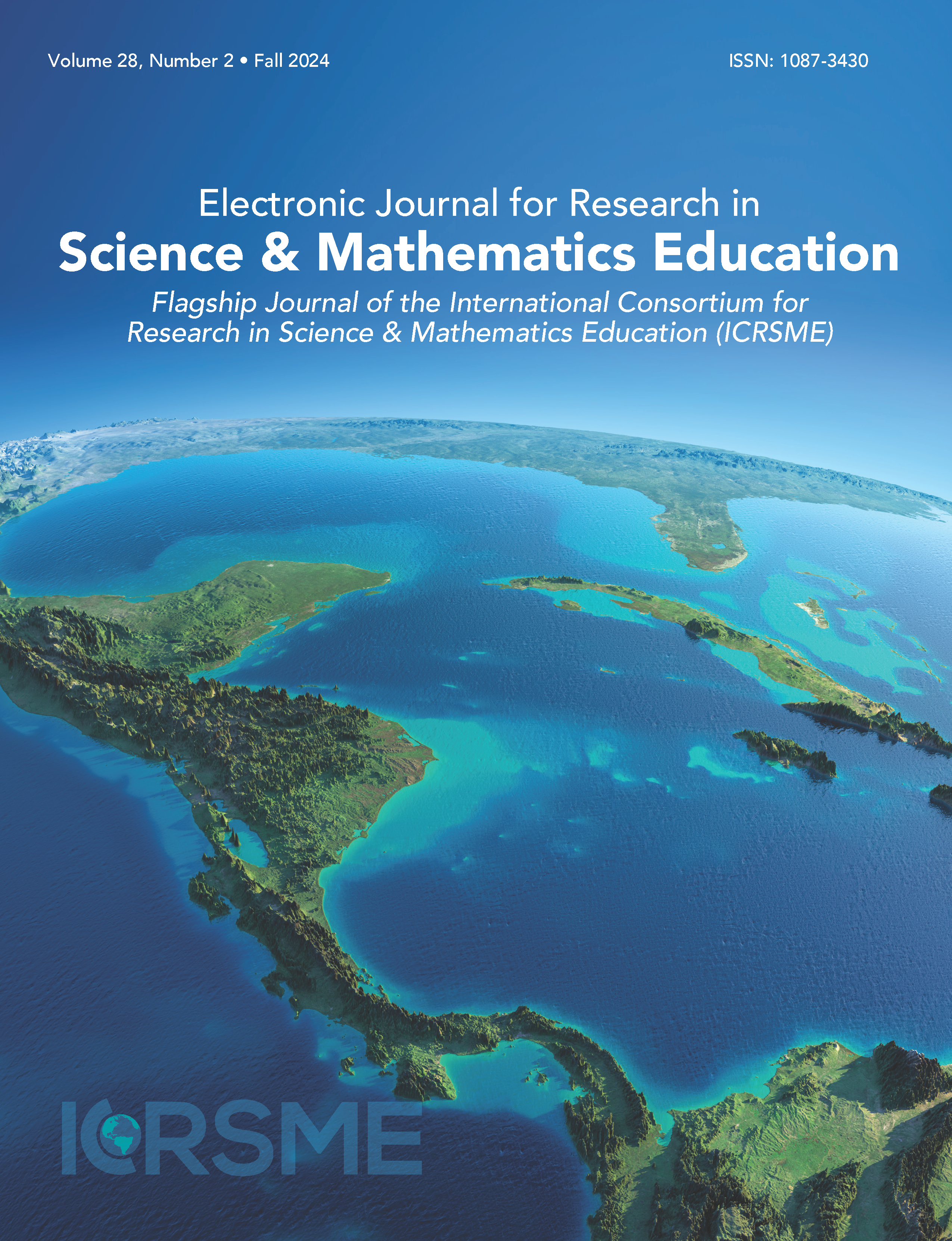STEM SMART Unpacking Teachers’ Beliefs about Essential Life Skills and Dispositions
Main Article Content
Abstract
Success in science and mathematics courses, and later in careers, requires more than disciplinary knowledge and general academic competencies. Students also need proficiency in certain key dispositions and life skills. This article is a systematic review of literature that examines what teachers believe about the non-academic skills necessary for student success in science, technology, engineering, and mathematics (STEM) classes and future careers in STEM fields. We report our results of the literature review and discuss these in terms of STEM SMART skills – non-academic skills and dispositions that support students’ learning across science and mathematics. These life skills and dispositions are usually not studied as academic skills; nevertheless, they are essential for long-term success in STEM fields. The acronym STEM SMART is intended to serve as a mnemonic to help educators and others remember and discuss these life skills and dispositions that support STEM learning.
Article Details
© 2025 Electronic Journal for Research in Science & Mathematics Education (EJRSME)
